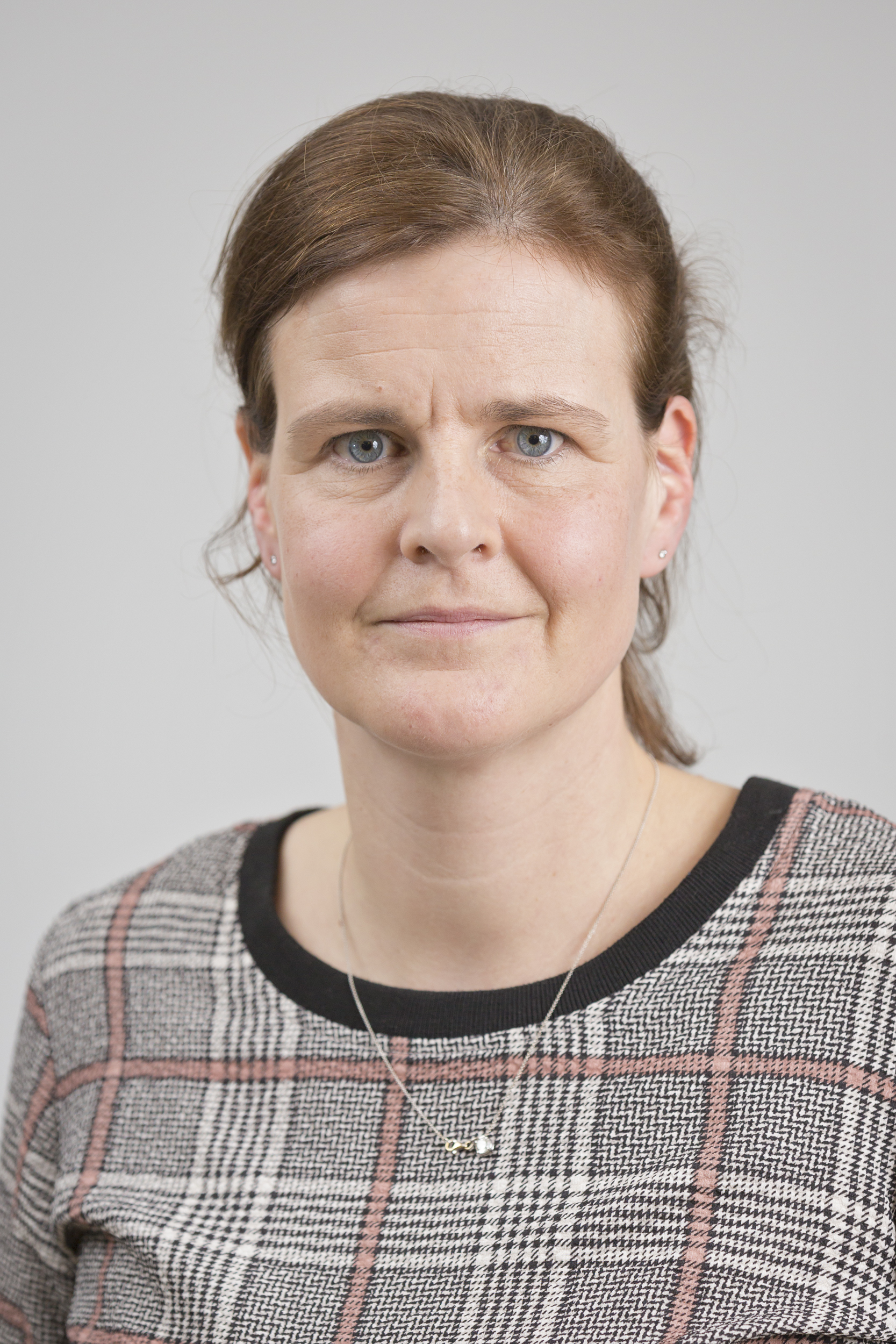
Marieke Pierik
© ECCO
|
The World Health Organisation defined health in 1948 as a status of complete physical, psychological and social well-being. Complete well-being is, however, difficult to obtain and even harder to maintain, bearing in mind that over 50% of adults suffer from a chronic disease, people are living longer than ever and continuous environmental influences are resulting in physical or mental symptoms. Therefore, health was recently redefined as a dynamic status of subjective physical, psychological and social well-being. Health care is the maintenance or improvement of health via the prevention, diagnosis and treatment of disease, injury or other physical or mental impairments in people. Patient-reported outcomes are outcomes directly reported by patients without prior interpretation by health care professionals. Compared with clinical outcomes (e.g. corticosteroid use, hospitalisation, surgery), they provide a more holistic interpretation of the effect of interventions or a condition on people by also taking into account the patient perspective and psychological and social aspects.